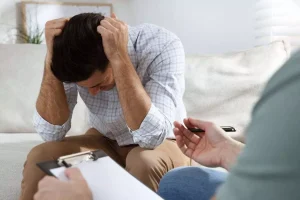
In fact, research shows that anxiety and mood disorders commonly co-occur with alcohol use disorder, and depression is the most common among them. However, restricting attention to a single diagnosis and its relationship to alcohol misuse does not align with more recent research. Alcohol can also make anxiety worse because it affects the levels of other mood-influencing chemicals like serotonin. Research notes that changes in chemical levels such as serotonin can cause anxiety disorders and depression. Similarly, people with severe anxiety disorders may be more likely alcohol and depression to develop AUD, particularly if they use alcohol as a coping mechanism. People with severe anxiety disorders may be especially at risk of developing AUD.
Depression, Anxiety, and Binge Drinking

Alcoholics frequently experience episodes of intense depression and/or severe anxiety. Depressed or anxious alcohol-dependent people often believe that they drink to relieve symptoms of sadness or nervousness. However, research does not unanimously support the prior existence of severe depressive or anxiety disorders as a usual cause of alcoholism. Psychological symptoms may carry a worse prognosis for alcohol-related problems, and these symptoms must be addressed early in alcoholism treatment. Most clinicians and researchers would agree that alcoholics experience high rates of anxiety and depressive symptoms and that these problems must be addressed early in treatment (Brady and Lydiard 1993).
- This multi-test approach will help them rule out other conditions that might account for your symptoms.
- Recent “big data” modeling approaches have advanced the understanding of epidemiological data related to the association between anxiety disorder subtypes and risk for alcohol misuse.
- Similar results have been generated from some, but not all, studies of alcoholism in relatives of patients with severe anxiety disorders.
- The more you drink, however, the more likely your emotional state will begin plummeting back down.
Related Articles
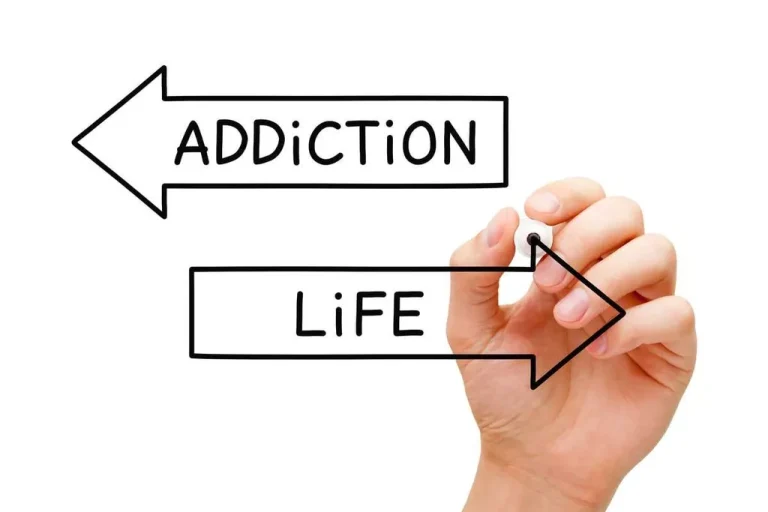
For patients in the middle, with up to a moderate level of severity of AUD or the psychiatric disorder or both, a decision to refer should be based on the level of comfort and clinical judgment of the provider. About 20 percent of people with social anxiety disorder also suffer from alcohol dependence. If you believe you’re susceptible of experiencing alcohol addiction or depression, you may want to speak with a mental health professional, such as a social worker, counselor, or therapist, about these concerns and how best to prevent or cope with these disorders.
Depression and Alcohol Misuse
Do you ever notice yourself feeling a little out of sorts the day after you drink? If you’re concerned about your alcohol use, you may benefit from substance abuse counseling and treatment programs that can help you overcome your misuse of alcohol. Joining a support group or a 12-step program such as Alcoholics Anonymous may help.
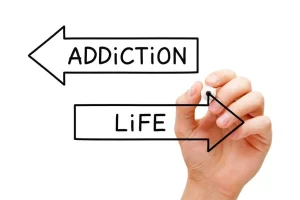
In fact, with abstinence the depressive symptoms are likely to improve in a shorter period of time than would be required for an anti-depressant to take effect (Brown and Schuckit 1988; Powell et al. 1995). Similar results have been generated from some, but not all, studies of alcoholism in relatives of patients with severe anxiety disorders. For example, an evaluation of 1,047 adult relatives of 193 subjects with severe anxiety disorders revealed no increased risk of alcoholism among the relatives, with the exception of the relatives of those patients who had exceptionally early onsets of their psychiatric disorders (Goldstein et al. 1994). Nor did a review of several recent studies by Fyer and colleagues1 and Noyes and colleagues1 reveal high rates of alcoholism in relatives of people with social phobia or other anxiety disorders (Schuckit and Hesselbrock 1994).
What are the immediate clinical implications of coexisting depressive and anxiety states among alcoholics?
Major depression and alcohol use disorder are also co-dependent in women, research suggests. Women with depression are also more likely to engage in binge drinking. In addition, if you’re noticing your anxiety levels increasing after drinking, try cutting down on how much you drink. Plus, take note of how your mood is each day — if you’re feeling extra on edge already, try and go against the temptation of remedying that with alcohol.
Could Drinking Be Fueling Your Depression?
Anxiety disorders are the most prevalent psychiatric disorders in the United States. The prevalence of AUD among persons treated for anxiety disorders is in the range of 20% to 40%,2,15 so it is important to be alert to signs of anxiety disorders (see below) in patients with AUD and vice versa. As shown in the schematic, AUD and other mental health disorders occur across a spectrum from lower to higher levels of severity.
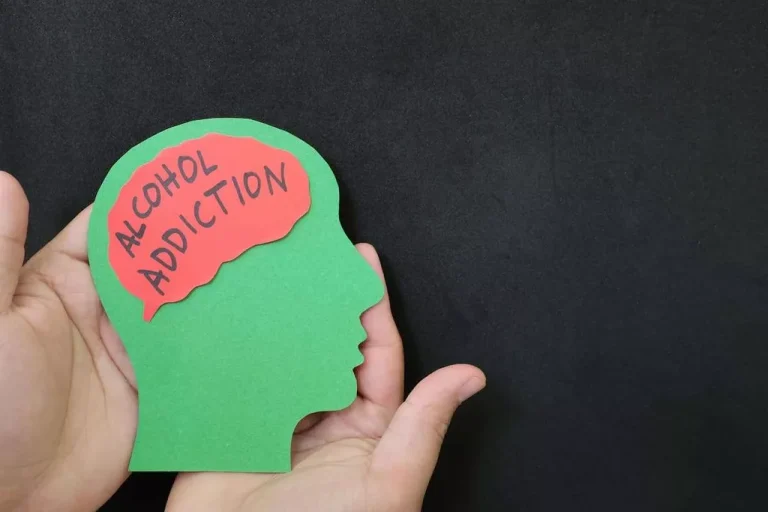
Also, this review does not address potentially important individual differences, such as sex. If you believe you or someone you love has anxiety that gets worse with alcohol use, you or your loved one can take steps to treat their anxiety and cut down or stop drinking. Some studies on mice show that alcohol-related anxiety can last anywhere from 4 to 14 hours. If you or a loved one uses alcohol to cope with anxiety, especially during socializing, it may lead to being dependent on alcohol, especially in social settings.
Can you have alcohol anxiety without having an anxiety disorder?
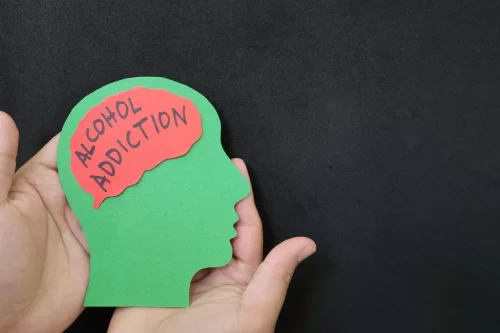
By following safe drinking guidelines, you can help reduce your risk for depression as well as other hangover symptoms. The only certain way to prevent depression after drinking is to avoid alcohol entirely. You can, however, take steps to lower your chances of emotional side effects when drinking. Spending time in nature can also have health benefits, including improving your mood.
- However, treating most alcoholics’ depressive symptoms might not require the use of antidepressant medications.
- Doing this can lead to a dependence on alcohol during socializing, which can make anxiety symptoms worse.
- While everyone may experience anxiousness from time to time, a person who has an anxiety disorder often finds their anxiety doesn’t go away and may actually get worse with, or without provocation.
- Women with depression are also more likely to engage in binge drinking.
- Their trained advisors are on hand between 9am and 2pm every weekday to give you confidential advice through an online chat service.
- Second, the researchers conducted followup on 453 sons of alcoholics and control subjects who were tested in the laboratory at approximately age 20, thereby gathering data regarding the development of depressive, anxiety, and alcohol-use disorders during the subsequent decade (Schuckit and Smith 1996).
Alcohol and Depression: The Link Between Alcoholism and Depression
Other reasons for the uptick included boredom and https://ecosoberhouse.com/ availability of alcohol. The full impact of drinking too much hits about 72 hours after the alcohol has left the bloodstream. This is when withdrawal symptoms of increased anxiety, irritability, restlessness, agitation and disturbed sleep, among others, are at their peak.
